“Grant me, O Lord my God, a mind to know you, a heart to seek you, wisdom to find you, conduct pleasing to you, faithful perseverance in waiting for you, and a hope of finally embracing you.”
Today, January 28, we celebrate the feast of Saint Thomas Aquinas (1225-1274), Doctor of the Church, patron saint of universities and students, and the greatest teacher of the medieval Catholic Church. Alternately referred to as the Angelic Doctor and the Universal Doctor, the teachings of Saint Thomas Aquinas greatly influenced not only Church doctrine, but schools of theological and philosophical thought. Candidates for the priesthood are instructed to model themselves after this holy man, and Pope Benedict XV declared that his teachings were the teachings of the Church, herself. By universal consent, this holy man is the preeminent spokesman of the Catholic tradition of reason and divine revelation.
Thomas was born in Aquino, Italy (the name “Aquinas” is not his surname, but translates as “of Aquino”), the son of the Count of Aquino. At the ago of five years old, his father placed him in the care of the monks at the Benedictine Monastery at Monte Casino. He was immediately observed to excel at the scholastic life, and his teachers were astounded not only by his eagerness to learn and aptitude for difficult concepts, but also by the virtuous manner in which he lived his life. As he grew older, he was sent to Naples to continue his studies, where he first encountered the philosophy of Aristotle.
His father, who had hoped he would enter the Benedictine Order upon reaching the age of consent was dismayed to learn that Thomas had other plans. Renouncing all his worldly ties and possessions, Thomas entered the Dominican Order in Naples. His family, for their part, did all in their power to convince him otherwise, first kidnapping him, and later sending him all manners of temptation (including “impure women”) to lead him astray. However, Thomas remained constant in his pursuits of the Lord, and maintained perfect chastity throughout his life (which is why he is referred to as the “Angelic Doctor.”)
Upon ordination, Thomas left Naples and traveled to Paris and Cologne, Germany, where he studied under the tutelage of Albert the Great. Here he was nicknamed the "dumb ox" because of his silent ways and huge size, but his brilliance as a student was evident in his writings. While he pursued his philosophical and theological writings, Thomas held two tenures as professor at the University of Paris. During that time, he resided at the court of Pope Urban IV, under whose direction he combated all forms of heresy and adversaries of the Church. Thomas similarly directed the Dominican schools at Rome and Viterbo, traveling between them as frequently as needed. He received his doctorate at the age of 31.
While a gifted preacher, the writings of Saint Thomas Aquinas (which fill twenty volumes) are considered his greatest contribution to the Catholic Church. His writings reconcile the unity of faith and reason, of those things revealed by God, and those things discovered through natural human knowledge. The breadth and depth of his theory encompass the entirety of the natural order, as a cherished and divine gift granted to us by God. Pope John Paul II affirmed the importance of this tradition, saying: "The whole living tradition of the Church teaches us this: faith seeks understanding, and understanding seeks faith. Both the need to understand and the need to believe are deeply rooted in man's heart. It is for this reason that the Church herself was the point of departure for the creation of universities.” Similarly, Pope Benedict XVI asserted, “With his charism as a philosopher and theologian, he [Thomas] offered an effective model of harmony between reason and faith, dimensions of the human spirit that are completely fulfilled in the encounter and dialogue with one another. Both the light of reason and the light of faith come from God, he [Thomas] argued; hence there can be no contradiction between them.”
Prior to his death, Saint Thomas Aquinas undertook to deal with the entirety of Catholic theology. His most acclaimed work, the Summa Theologiae, although incomplete summarizes the theological underpinnings of our faith in a scientific and rational manner. Saint Thomas ceased writing this work following a supernatural encounter with the Lord while celebrating Mass on December 6, 1273. During Mass, he is said to have heard the voice of Jesus asking him what he most desired. Thomas is said to have replied, “Only you, Lord,” following which he experienced something which he never revealed. Following that experience, he stopped writing, explaining, “I cannot go on… All I have written seems to me like so much straw compared to what I have seen and what has been revealed to me.”
Saint Thomas fell ill (likely from overwork) at the Cistercian monastery of Fossa Nuova, and died peacefully while providing commentary on the Song of Songs. His remains were placed in the Church of the Jacobins in Toulouse in 1369.
Selected Quotations of Saint Thomas Aquinas
“Charity is the form, mover, mother and root of all the virtues.”
“We are like children, who stand in need of masters to enlighten us and direct us; and God has provided for this, by appointing his angels to be our teachers and guides.”
“If you seek the example of love: “Greater love than this no man has, than to lay down his life for his friends.” Such a man was Christ on the cross. And if he gave his life for us, then it should not be difficult to bear whatever hardships arise for his sake. If you seek patience, you will find no better example than the cross. Christ endured much on the cross, and did so patiently, because “when he suffered he did not threaten; he was led like a sheep to the slaughter and he did not open his mouth.” If you seek an example of obedience, follow him who became obedient to the Father even unto death. “For just as by the disobedience of one man,” namely, Adam, “many were made sinners, so by the obedience of one man, many were made righteous.” If you seek an example of despising earthly things, follow him who is “the King of kings and the Lord of lords, in whom are hidden all the treasures of wisdom and knowledge.” Upon the cross he was stripped, mocked, spat upon, struck, crowned with thorns, and given only vinegar and gall to drink. Do not be attached, therefore, to clothing and riches, because “they divided my garments among themselves.” Nor to honors, for he experienced harsh words and scourgings. Nor to greatness of rank, for “weaving a crown of thorns they placed it on my head.” Nor to anything delightful, for “in my thirst they gave me vinegar to drink.””
“The only-begotten Son of God, wanting to make us sharers in his divinity, assumed our nature, so that he, made man, might make men gods.”
“Believing is an act of the intellect assenting to the divine truth by command of the will moved by God through grace.”
“Most loving Lord, grant me a steadfast heart which no unworthy desire may drag downwards; an unconquered hear which no hardship may wear out; an upright heart which no worthless purpose may ensnare. Impart to me also, O God, the understanding to know you, the diligence to seek you, a way of life to please you, and a faithfulness that may embrace you, through Jesus Christ, my Lord. Amen.”
“Hence we must say that for the knowledge of any truth whatsoever man needs divine help, that the intellect may be moved by God to its act. But he does not need a new light added to his natural light, in order to know the truth in all things, but only in some that surpasses his natural knowledge.”
“The things that we love tell us what we are.”
“There is nothing on this earth more to be prized than true friendship.”
“To one who has faith, no explanation is necessary. To one without faith, no explanation is possible.”
“Love takes up where knowledge leaves off.”
“To convert somebody, go and take them by the hand and guide them.”
“Three things are necessary for the salvation of man: to know what he ought to believe; to know what he ought to desire; and to know what he ought to do.”
“Good can exist without evil, whereas evil cannot exist without good....”
“The truth of our faith becomes a matter of ridicule among the infidels if any Catholic, not gifted with the necessary scientific learning, presents as dogma what scientific scrutiny shows to be false.”
“Peace is the work of justice indirectly, in so far as justice removes the obstacles to peace; but it is the work of charity (love) directly, since charity, according to its very notion, causes peace.”
“Lord, in my zeal for the love of truth, let me not forget the truth about love.”
"The Eucharist is the Sacrament of Love; It signifies Love, It produces love. The Eucharist is the consummation of the whole spiritual life."
"Human salvation demands the divine disclosure of truths surpassing reason."
"The end of all my labors has come. All that I have written appears to me as much straw after the things that have been revealed to me."
"A person is disposed to an act of choice by an angel ... in two ways: Sometimes, a man's understanding is enlightened by an angel to know what is good, but it is not instructed as to the reason why ... But sometimes he is instructed by angelic illumination, both that this act is good and as to the reason why it is good."
"To love God is something greater than to know Him."
Prayer for Guidance
O creator past all telling,
you have appointed from the treasures of your wisdom
the hierarchies of angels,
disposing them in wondrous order
above the bright heavens,
and have so beautifully set out all parts of the universe.
You we call the true fount of wisdomand the noble origin of all things.
Be pleased to shed on the darkness of mind in which I was born,
The twofold beam of your light
and warmth to dispel my ignorance and sin.
You make eloquent the tongues of children.
Then instruct my speech
and touch my lips with graciousness.
Make me keen to understand, quick to learn,
able to remember;
make me delicate to interpret and ready to speak.
Guide my going in and going forward,
lead home my going forth.
You are true God and true man,
and live for ever and ever. Amen.
Year 2: Day 28 of 365
Prayer Intentions: Recognition that all things are from the Lord; For all students and teachers.
Requested Intentions: Development of a chaste relationship pleasing to the Lord (E); Successful surgery of mother; delivery of daughters’ babies (L); For a friend suffering with depression (M); For a friend entering religious life (R); Success of a parish men’s retreat (H); For a mother who is grieving; for the soul of a dearly departed son (M); Reconciliation of a marriage (M); End to grief after death of son (B&C); End to grief (S); Successful marriage (N); For an RCIA candidate struggling with financial and family stressors (O); Freedom from anxiety regarding medical procedure (J); Return home of an ill mother, peace and financial security (J); Restoration of a marriage; family peace (N); Freedom from persecution (A); For a friend struggling with medical problems and surgery (L); Financial blessings (D); For the success of a project (T); Improved financial stability (A); Improved relationship with business partner (A); For employment (N); Reconciliation of a workplace relationship (R); Healing of son, cousin, and friend (L); Healing of a husband from cancer, end to medical problems (T); Freedom from persecution (E); Successful employment (R); Healing of a father following stroke (S).
Why pray the Rosary every day for a year?
Each time the Blessed Virgin has appeared-- whether it be to Saint Bernadette Soubirous at Lourdes; to Lucia, Jacinta, and Francisco at Fatima; or to Mariette Beco at Banneux-- she has asserted the importance, saving grace, and power of praying the Holy Rosary on a daily basis. Based upon her words, the Rosary is penance and conversion for sinners, a pathway to peace, an end to war, and a powerful act of faith in Jesus Christ. Pope Paul VI presented the Rosary as a powerful means to reach Christ "not merely with Mary but indeed, insofar as this is possible to us, in the same way as Mary, who is certainly the one who thought about Him more than anyone else has ever done."
To show us how this is done, perhaps no one has been more eloquent than the great Cardinal Newman, who wrote: "The great power of the Rosary consists in the fact that it translates the Creed into Prayer. Of course, the Creed is already in a certain sense a prayer and a great act of homage towards God, but the Rosary brings us to meditate again on the great truth of His life and death, and brings this truth close to our hearts. Even Christians, although they know God, usually fear rather than love Him. The strength of the Rosary lies in the particular manner in which it considers these mysteries, since all our thinking about Christ is intertwined with the thought of His Mother, in the relations between Mother and Son; the Holy Family is presented to us, the home in which God lived His infinite love."
As Mary said at Fatima, "Jesus wants to use you to make Me known and loved. He wishes to establish the devotion to My Immaculate Heart throughout the world. I promise salvation to whoever embraces it; these souls will be dear to God, like flowers put by Me to adorn his throne."

Subscribe to:
Post Comments (Atom)






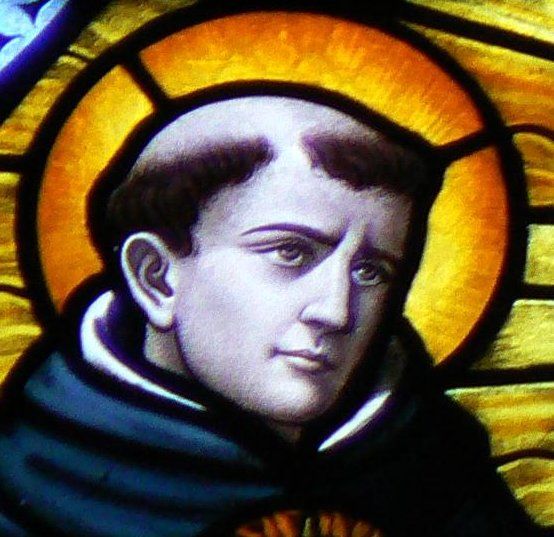
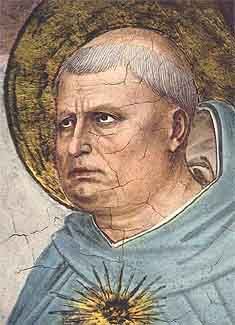
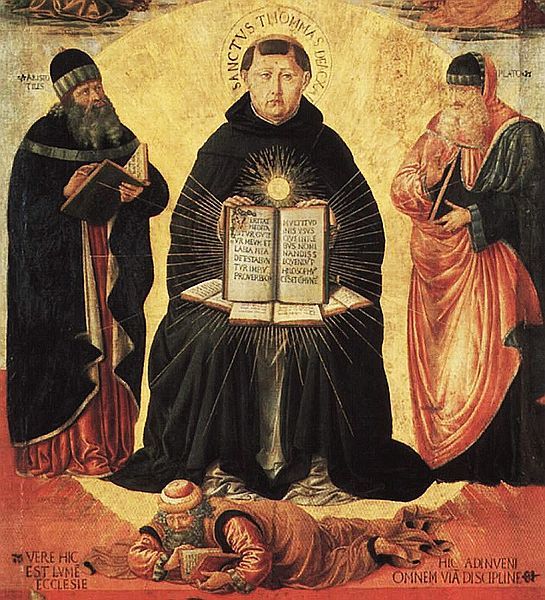
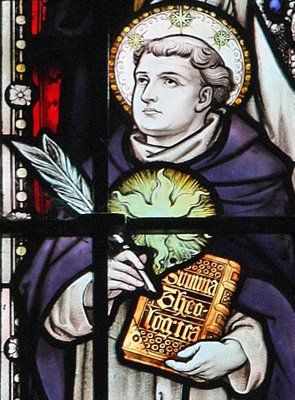

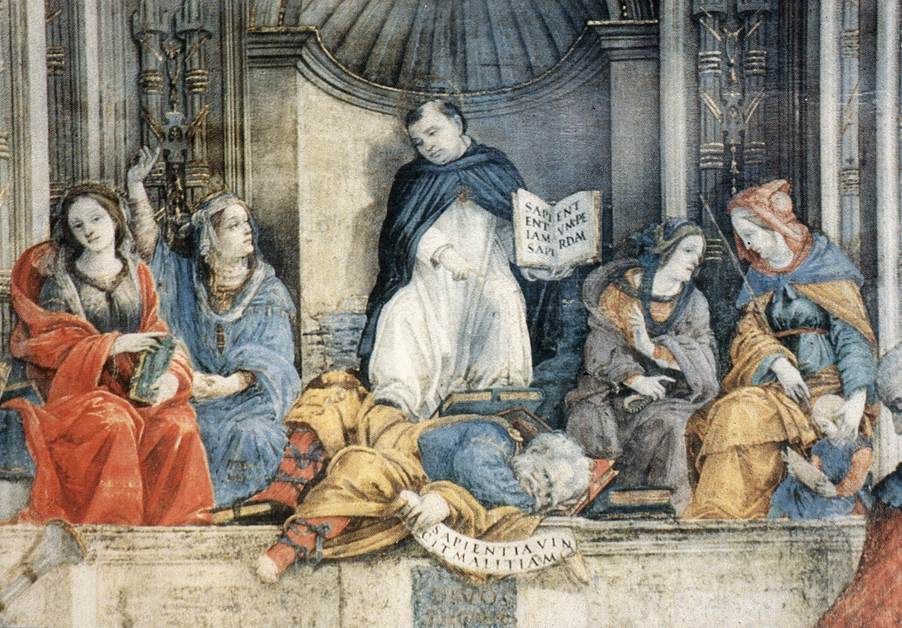
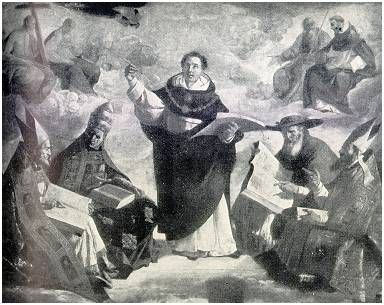
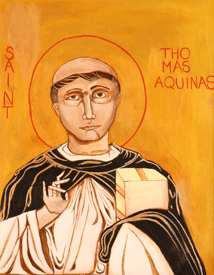
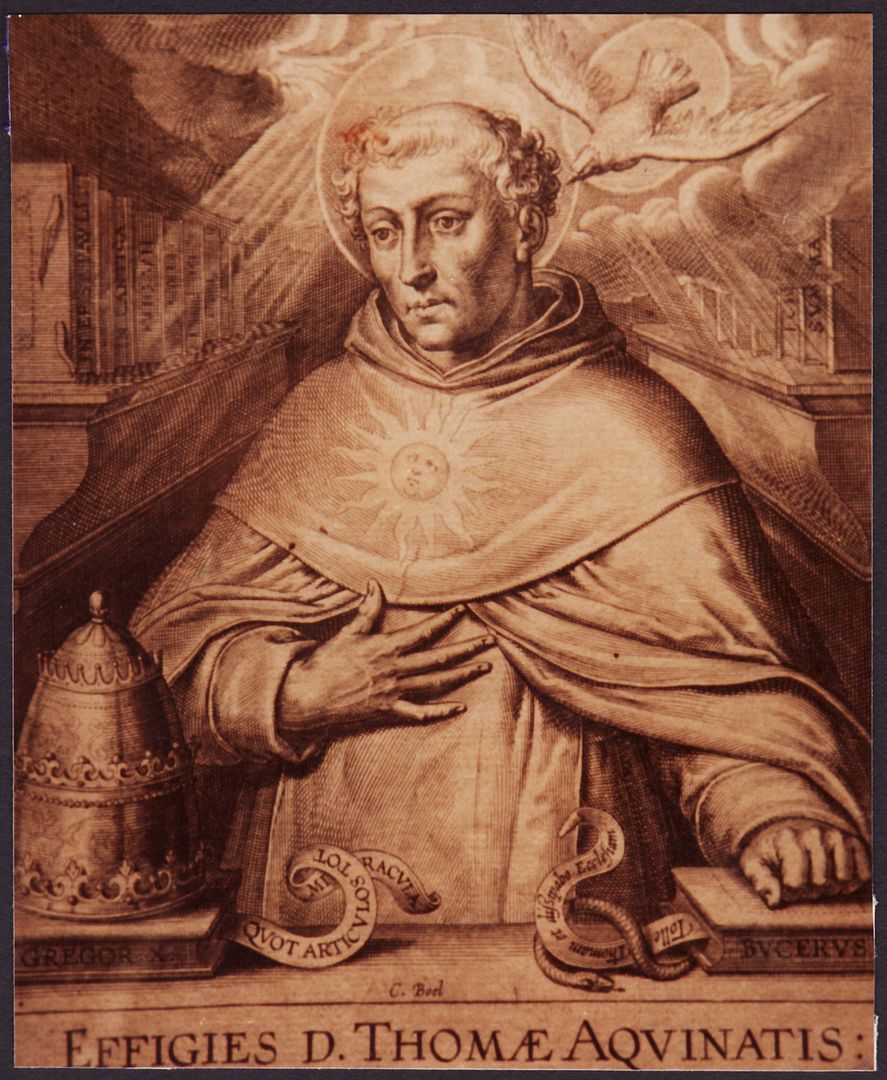

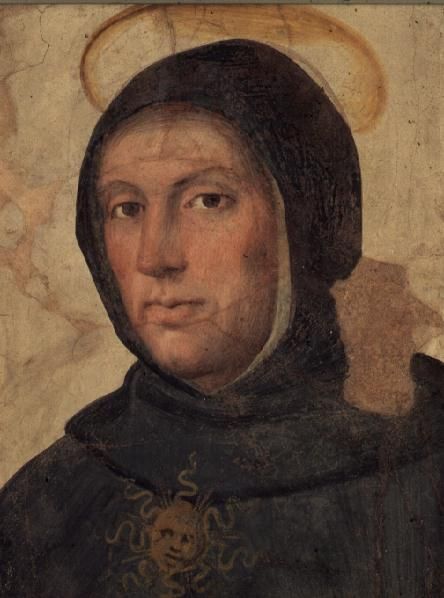


0 comments:
Post a Comment
Thanks for leaving a comment. If you wish to submit a prayer request, however, please do so above, using the "Contact" tab.